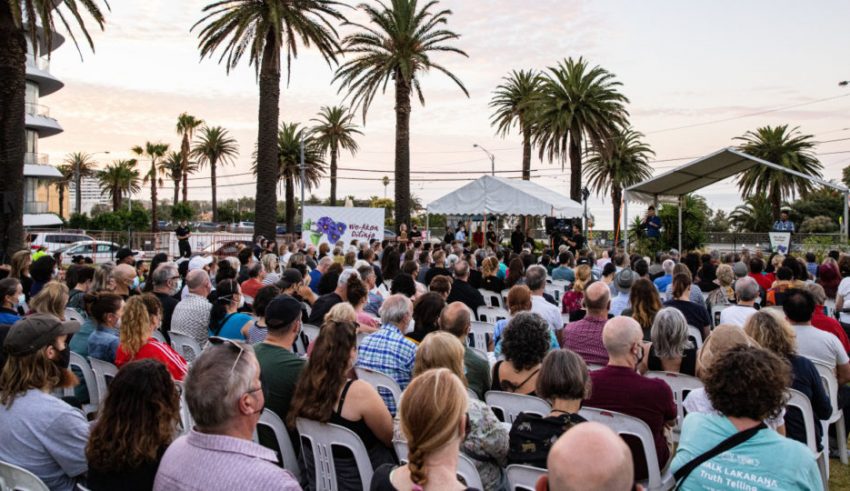
A leading health expert has warned of the potential spread of the virulent Omicron COVID-19 strain during Australia Day events as large crowds gather for protest or celebration.
Chair of the Coalition for Epidemic Preparedness and former health department head Jane Halton says the closer people pack together, the more likely the virus will spread.
“We know it’s highly infectious and the closer everyone gets together, the more the likelihood you’ll be close to someone whose got COVID and therefore the greater the likelihood you’ll contract it,” she told the Nine Network on Wednesday.
“People should be careful. What we don’t want to see is a big increase in cases.”
Professor Halton said case numbers were coming down and it appeared as if Australia has come off the peak of the outbreak, but this could be jeopardised by large gatherings on the public holiday.
“We don’t want another peak courtesy of Australia Day when we should all be being very happy about Australia and eating those lamingtons,” she said.
She stopped short of suggesting events should be cancelled, instead encouraging people to wear masks, maintain social distance and remain cautious.
“I don’t think we should be cancelling things. I just think people should be courteous, thoughtful, and a little bit careful,” Prof Halton said.
It comes as Tasmania became the latest jurisdiction to declare on Tuesday it was past this outbreak’s peak, while Queensland authorities said some regions would have also experienced their top caseloads.
Federal Health Minister Greg Hunt previously declared infections had peaked in NSW, Victoria, the ACT and South Australia,
Queensland Chief Health Officer John Gerrard said different regions across the state would experience their peaks at different times.
“The Gold Coast is probably going through its peak now or probably just passed its peak … we can expect Brisbane to go through its peak next and probably Townsville the following week,” he said.
“Cairns interestingly is a little bit earlier, probably approaching the peak now or in the next few days so it’s different in different regions.”
Tasmania’s public health director Mark Veitch also said his state’s case numbers were tracking downwards, believing community transmission was decreasing from earlier in the month.
But the WHO’s Dr Margaret Harris said vaccination levels must continue to rise, or further transmission would simply continue.
“We all would love to be talking about COVID as if it was a distant memory. We’re all heartily sick of it but unfortunately it’s not sick of us,” she told the Nine Network.
“It’s unlikely to go away and when (people) mention a bad flu, you’re really saying it will turn into a disease we don’t particularly like but doesn’t kill us and vaccination is certainly getting us closer to that position.”
Western Australia became the latest state to roll out its return to school plan on Tuesday, with Premier Mark McGowan outlining a strategy featuring air purifiers, carbon dioxide monitors, face masks and extra cleaning.
Classes return on Monday, with school staff required to prove they’ve had two vaccine doses along with a third within a month of becoming eligible.
NSW reported 18,512 new cases and 29 deaths on Tuesday, while Victoria recorded 14,836 infections and 29 deaths.
Another 11 people died in Queensland, which reported 9546 new cases, while the ACT recorded 904 infections and one death.
South Australia recorded 1869 cases and five deaths, while there were 643 new cases in Tasmania and one death.
There were 517 cases in the Northern Territory and 14 in Western Australia.


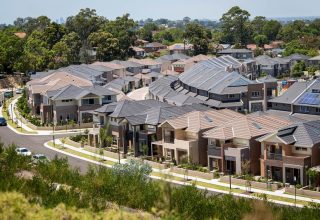


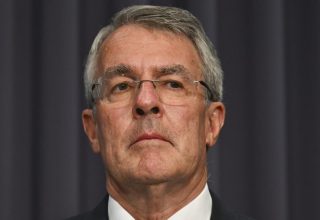
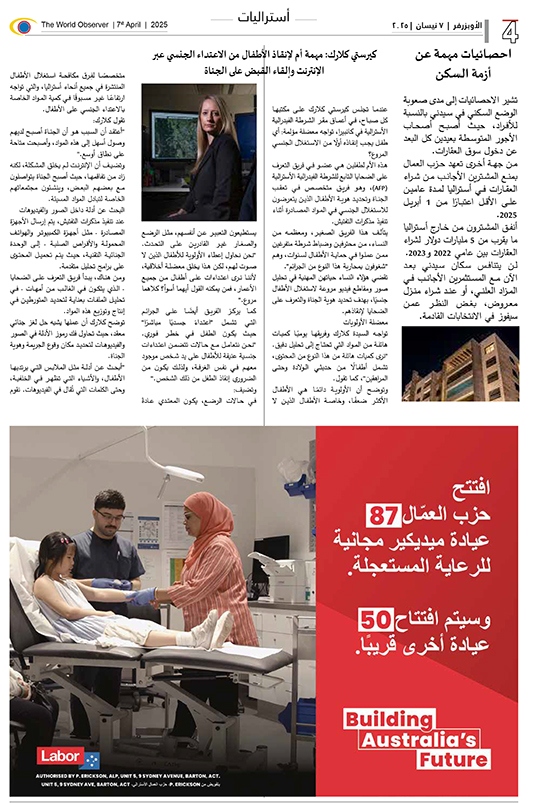
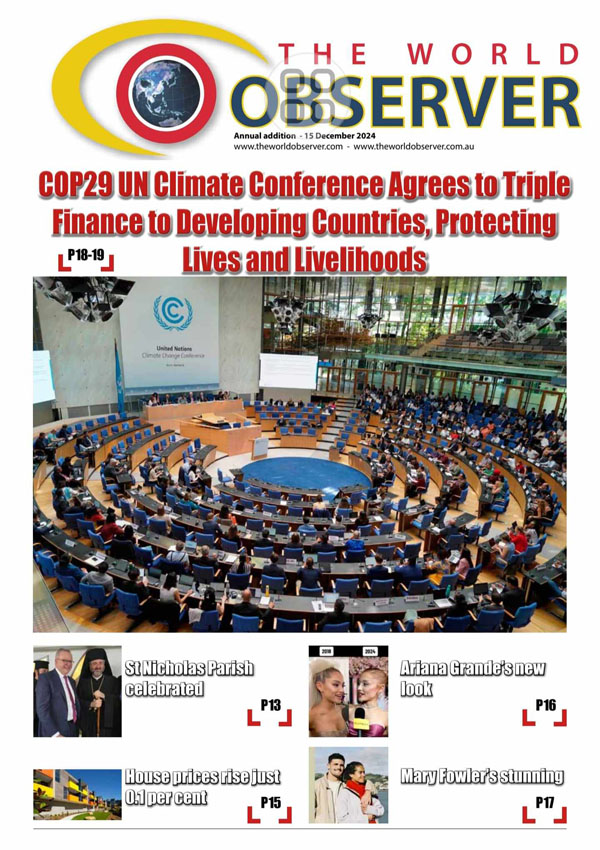






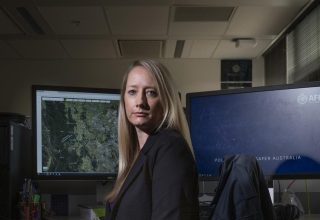





















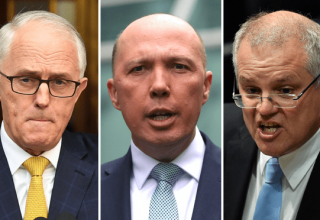

 The World Observer Media produces a daily online newspaper, a daily Arabic online newspaper and a monthly printed Arabic/English magazine and a weekly printed Arabic/English newspaper.
The World Observer Media’s mission is to entertain and educate all generation from the Ethnic Communities in Australia, who are interested in local, national and foreign information.
The World Observer Media produces a daily online newspaper, a daily Arabic online newspaper and a monthly printed Arabic/English magazine and a weekly printed Arabic/English newspaper.
The World Observer Media’s mission is to entertain and educate all generation from the Ethnic Communities in Australia, who are interested in local, national and foreign information. 


